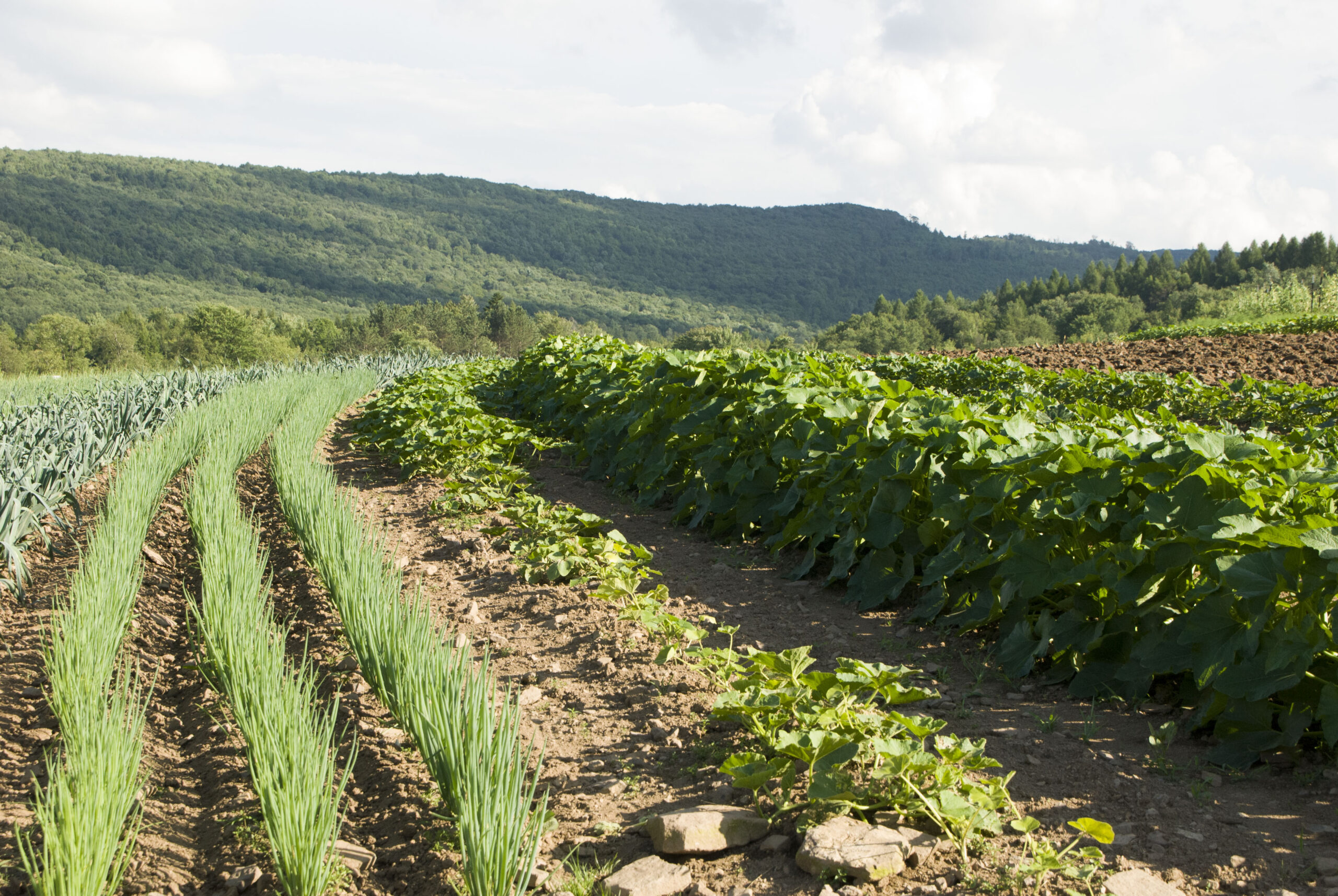MORGANTOWN — The desire for locally-produced food and products. The drive for land conservation and preservation of green space. A need to safeguard a way of life for future generations.
These were some of the arguments laid out Wednesday by LaDeana Teets and others when discussing the possibility of setting up and funding a farmland protection board in Monongalia County.
The West Virginia Farmland Protection Act was established in 2006, creating a method by which a farm owner can sell or donate an easement for his or her property to the respective county’s farmland protection board. Once the easement is in place, the future of the property as agricultural or green space is locked.
Teets is the Preston County Farmland Protection Program Director. Preston County has had farmland protection in place since 2004 and has 7 farms totaling just under 1,000 acres in the program, and two more in process.
She said farmland protections shouldn’t be viewed as anti-development, but pro-balance. She explained that the program was made for counties like Monongalia, where there is not only an influx of population, but a continual race to develop available property driving up real estate prices.
Commission President Ed Hawkins has been a proponent of the measure since taking office.
Teets made a similar presentation to the commission in 2015.
“I can’t help but think that there are children that we’re driving away from Monongalia County in that no farmland could be bought to actually farm in this county unless it would be under a protection and sold at land value rather than market value for a housing development,” he said.
Monongalia County is already certified by the state to set up a farmland protection board, but the needed funding mechanism has never been approved by the county commission.
Funds for the board come from taxes on property transfers. In Preston County’s case, one third of those taxes — about $21,000 in July — go to the board to purchase easements. She said that number would likely be much higher in Monongalia County.
Teets explained that if the property scores high enough, based on criteria developed by the USDA, matching funds are available.
“We aren’t making the match, but the eastern panhandle is 100%. We don’t have the high ranking for encroachment that probably Mon County would have, so you’d be right up there with Jefferson and Berkeley Counties as far as matching funds,” she said.
Monongalia County Extension Agent H.R. Scott explained that farmland is a vital natural resource that many communities are waking up to — particularly as COVID-19 drove a desire to source food locally.
“Right now Monongalia County, when we look at the amount of local food we have available, is considered a food desert. That’s hard for a lot of people to believe, but we do not produce enough food in this region that if things shut down we could feed the population we’d need to feed,” he said, noting that’s not likely to change as long as land isn’t available to farm or is prohibitively expensive to purchase.
“I think there is a group in the younger population in the county who would like to get in, and to tell you the truth, a lot of them have moved into Preston County,” Scott said. “A lot of people selling in our farmer’s markets are not from Monongalia County because they cannot get ahold of land.”
In other county news, the commission approved a resolution recognizing the 100th anniversary of the ratification of the 19th Amendment at the request of the GFWC Mountaineer Womans Club.
TWEET @BenConley_DP




